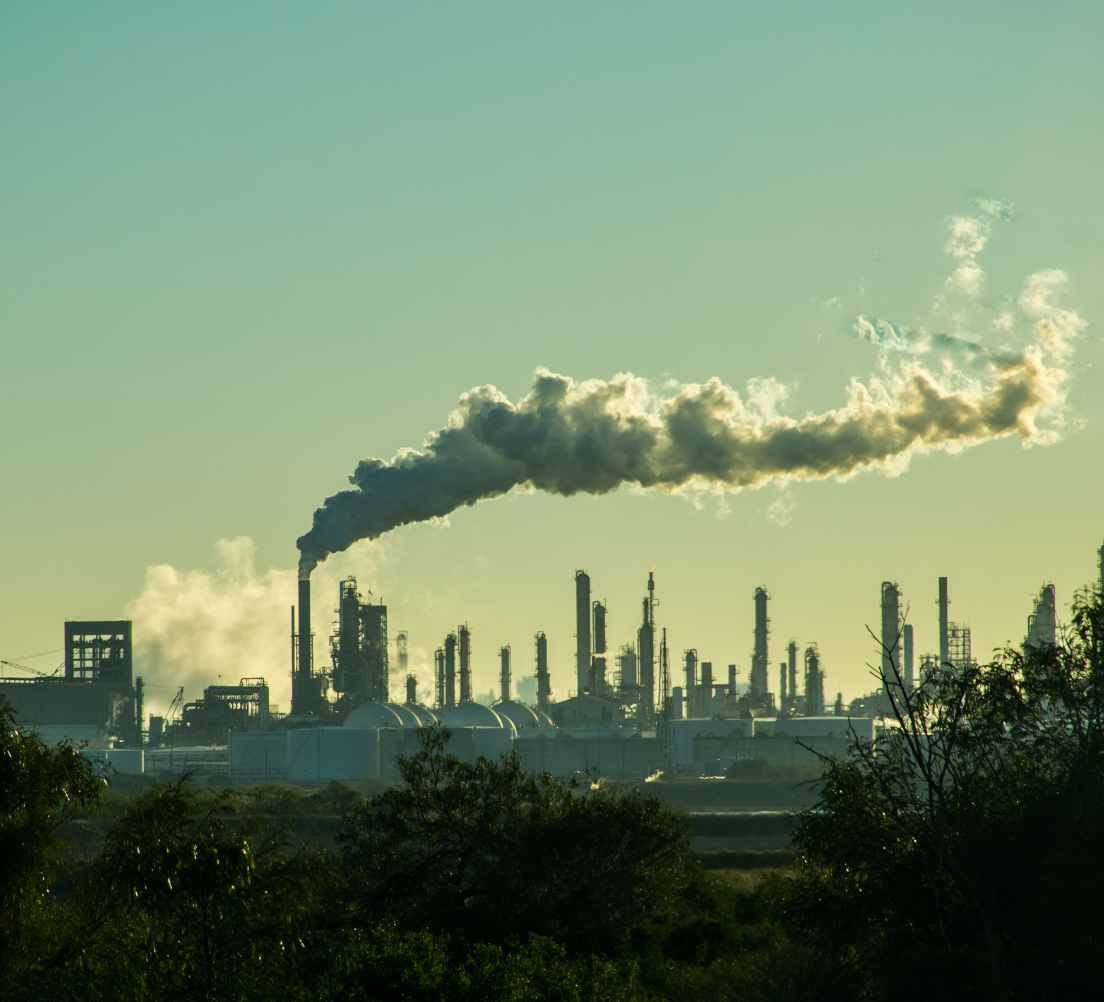Banning Fossil Fuels: Right or Wrong? Science Says – Both!

Hello there! Today, we’re diving into one of the most pressing and debated issues on the global stage: banning fossil fuels. Should we completely phase them out? Or do they still have a place in our lives? It might sound strange, but science offers a fascinating and nuanced perspective on this: both are right! Let’s untangle this complex puzzle.
The Case for Banning – Why it’s ‘Right’]
There’s no doubt that fossil fuels – coal, oil, and natural gas – are major drivers of climate change. When we burn them, carbon dioxide and other greenhouse gases are released, warming our planet. The consequences are severe:
- Rising Global Temperatures: Glaciers are melting, sea levels are rising, and extreme weather events – like intense heatwaves, floods, and droughts – are becoming more frequent and severe.
- Air Pollution: Particles released from fossil fuels cause lung diseases, asthma, and other respiratory problems, especially in urban areas.
- Impact on Ecosystems: Marine life, wildlife, and agriculture are all being affected by rising temperatures and pollution.
Given these alarming realities, banning fossil fuels appears not only as an environmentally friendly move but also as a human necessity. Renewable energy sources, such as solar and wind power, are rapidly developing and offer clean alternatives. They can meet our energy needs while also saving the planet.
The Case Against Banning – Why it’s ‘Wrong’ (or not so straightforward)]
So, is the solution simple? Just stop using fossil fuels? If only it were that easy, this debate wouldn’t exist! The problem is that fossil fuels have been the backbone of our modern world, and their sudden and complete ban could present serious challenges:
- Economic Dependence: Many national economies still heavily rely on fossil fuel production and consumption. An abrupt ban could disrupt millions of jobs and the global economy.
- Energy Security: Renewable energy isn’t yet fully reliable and scalable, especially for large industrial and transportation sectors. Fossil fuels still provide energy security, particularly in regions where renewable infrastructure isn’t developed.
- Infrastructure: Much of our existing energy, transportation, and industrial systems are built for fossil fuel use. Switching overnight would be a massive and incredibly expensive undertaking.
- Developing World Challenges: Many developing countries still depend on fossil fuels to meet their energy needs and lift their populations out of poverty. Suddenly depriving them of fossil fuels could stifle their development.
It’s not ‘wrong’ that we should move towards renewable energy, but it’s ‘wrong’ to assume we can do it immediately and without a transitional plan.
Science’s ‘Both Are Right’ View – Balance and Transition]
This is where science’s nuanced perspective comes in. It suggests that we should ban fossil fuels, but it must be a slow and strategic process. It’s not a switch that can be flipped on or off, but rather a comprehensive and complex transformation.
- Investment and Innovation: Investing heavily in renewable energy technology and fostering innovation is crucial to make them a reliable and affordable alternative to fossil fuels.
- Carbon Capture and Storage (CCS): While we ultimately need to phase out fossil fuels, in some sectors where it’s still unavoidable, technologies like CCS can help reduce emissions.
- International Cooperation: This is a global problem requiring global solutions. Wealthier nations should provide support and technology to developing countries for their clean energy transition.
- Energy Efficiency: Using less energy is also a vital step. Energy-efficient technologies and behaviors can reduce our overall energy demands.
So, is banning fossil fuels right or wrong? Science tells us that both are right, but with context and timing. A complete ban is the ultimate goal, but a responsible and equitable transition pathway is equally important. We need to move towards a world where our energy needs are clean and sustainable, but this journey must be undertaken carefully, strategically, and fairly for everyone. It’s a challenge, but it’s one we must embrace.
What are your thoughts? Is banning fossil fuels right or wrong? Share your views in the comments section below!

